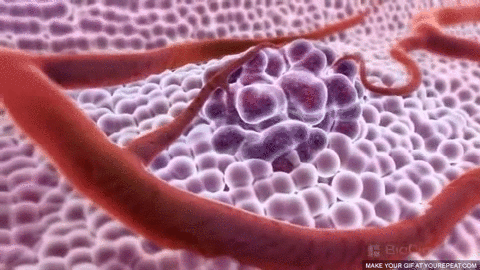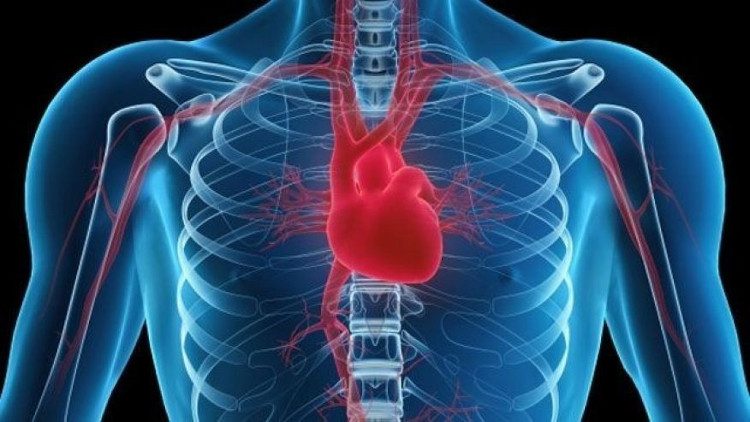Is there lung cancer, liver cancer… but why have we never heard of heart cancer? Is the heart really an “invulnerable” organ?
Cancer – a disease that sounds frightening, takes the lives of up to 8 million people worldwide each year on average.
Some common types of cancer include breast cancer, lung cancer, and thyroid cancer, but there is one extremely important organ that is inexplicably overlooked in this list…
And that organ is the heart! If asked if you have ever encountered a case of heart cancer, 99% of the responses would likely be “No.”
So, does heart cancer actually exist? The answer is absolutely yes, but it is extremely rare, which is why many people mistakenly believe heart cancer is purely fictional.

Is heart cancer real?
First, let’s explore a little about cancer. Our bodies have a waste elimination system where old, poorly functioning cells are removed and replaced with new cells.
However, in some cases when this mechanism fails, low-quality cells continue to grow. These mutated cells, when multiplied, disrupt the function of neighboring cells and, beyond a certain limit, they become uncontrollable, forming a tumor.

These mutated cells will disrupt the function of neighboring cells when multiplied.
This means that any part of the body can develop cancer, not just the internal organs!
Returning to the case of the heart, it is indeed the busiest organ, as it works non-stop from the moment we are born until we bid farewell to this world. With such a “responsibility” 24/7, the heart hardly has time to remove old cells and replace them with new ones.

The heart – the busiest organ in the body.
The heart’s cells essentially last forever unless there is tissue damage. Thus, cancer has almost no chance to “gain a foothold” here because the cell replacement process in the heart is very rare.
Nevertheless, rare does not mean nonexistent. Studies indicate that about 34 out of every 1 million people are at risk of developing heart cancer.
Cases of heart cancer are divided into two types. The first type involves cancer cells that develop directly from the heart, which carry a very high mortality rate, but fortunately, this is also very rare.

Studies indicate that about 34 out of every 1 million people are at risk of developing heart cancer.
In the other type, cancer from other organs such as the lungs or blood spreads to the heart and gradually forms heart cancer. The survival rate for patients with this disease is only about 50% after the first year.
Heart cancer, while extremely rare, is indeed a dangerous disease that requires thorough research. So, it is not true that our hearts are immune to cancer as many people mistakenly believe!
|
What are the symptoms of heart cancer? The extreme rarity of heart cancer is generally a positive thing, but it means we are lacking accurate data about this disease, making it difficult for doctors to address it. For example, we still do not know whether any specific lifestyle choices or health conditions increase the risk of heart cancer. There is even uncertainty about how and why heart tumors arise or the best ways to treat them. “We do not know what the risk factors are,” said Dr. Tochukwu Okwuosa, a cardiologist and director of the cardiovascular-oncology department at Rush University Medical Center in Chicago. “There are no specific risk factors that lead patients to develop heart cancer.” The symptoms of heart cancer can also be difficult to identify. Some tumors are asymptomatic, while most others only cause nonspecific symptoms such as fatigue, shortness of breath, dizziness, chest pain, and palpitations. If you feel discomfort and notice any of these symptoms, it is unlikely to be a tumor in the heart, but you should seek medical attention for evaluation. |


















































